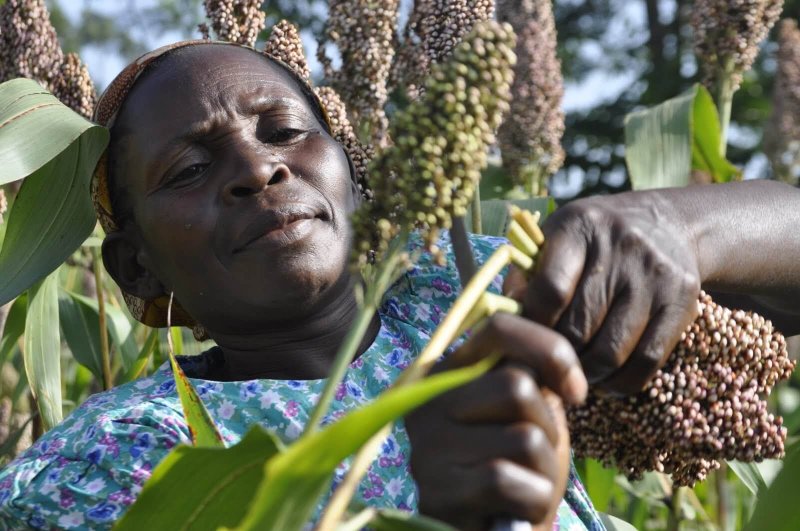The application of modern Biotechnology in an integrated multi-disciplinary approach can be a valuable ‘tool’ for addressing the several challenges in Nigeria in food production….
…
[Biotechnology’s] current impact on agriculture arises from the recent introduction of improved crops that belong to the class of genetically modified organisms (GMOs), marking the beginning of what appears to be a revolution that will bring substantial change to this sector.…
Decades of documented evidence demonstrate that agricultural biotechnology is a safe and beneficial technology that contributes to both environmental and economic sustainability. Farmers choose biotech crops because they increase yield and lower production costs.
Farmers get a greater financial return while using more environmentally friendly farming practices through the use of agricultural biotechnology.
…
There are five (5) Biotech crops under confined field trials in Nigeria. They include Pod Borer Resistant (PBR) Cowpea, modified to be resistant to Maruca insect larvae; Bt. Cotton, with resistance to pink bollworm; Africa Bio-fortified Sorghum (ABS), with enhanced levels of Vitamin A, Iron and Zinc to target malnutrition; Nitrogen Use Efficient, Water Use Efficient and Salt Tolerant (NEWEST) Rice; Virus Resistant and Nutritionally Enhanced Cassava for Africa (VIRCA PLUS).
Read full, original post: Growing applications of GMOs in Nigeria































